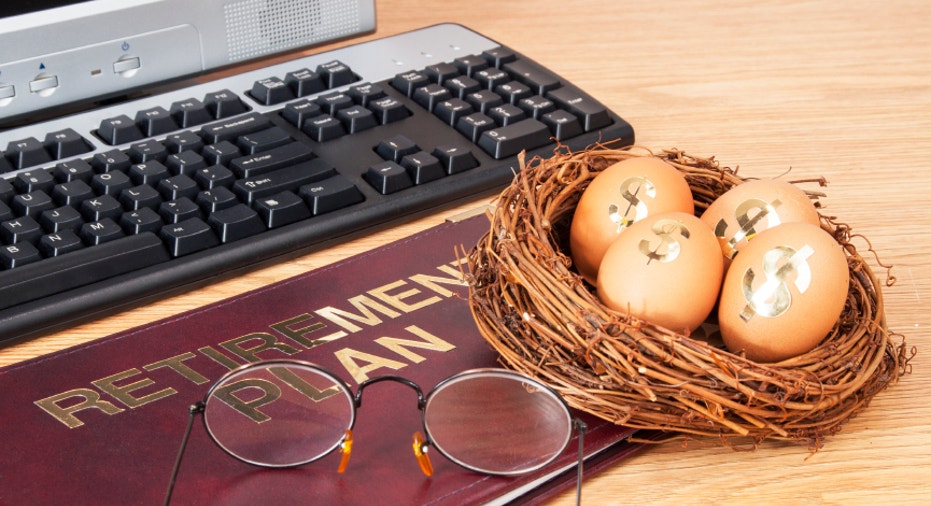What Nest Egg? Two-Thirds of Americans Can't Cover $1,000 Emergency

You have finally reached your retirement age and are feeling comfortable that your nest egg will take care of your financial needs for as long as you need. But do you have an emergency slush fund set up for those unforeseen home repair or medical expenses?
According to a recent Associated Press-NORC Center for Public Affairs Research poll, two-thirds of Americans would have trouble coming up with the money to cover a $1,000 emergency. (What may be surprising to some is that it was a big problem for all income groups.) Even if you have already retired, it is never too late to save.
"In their retirement years, seniors are relying primarily on their retirement fund, Social Security, and pensions," says Elliot Hollander, founder of http://www.silverfox.care/. "Instead of maintaining a contingency fund of three months of savings, retired seniors should aim to save up more, in the event that they need personal or medical care down the road. While it's more difficult to save when you don't have money coming in, it's definitely possible and important to do so."
Hollander discussed with FOXBusiness.com the importance of maintaining an emergency fund so you are not withdrawing from your retirement accounts. Here is what you need to know.
Boomer: While an emergency fund is necessary at every stage of an adult's life, why is it even more important in retirement?
Hollander: An emergency fund is more important in retirement because once retired, you are usually living off a combination of savings, and any fixed income produced by investments and government programs such as Social Security, rather than a salary. Additionally, as individuals age, their typical annual expenses for health care usually increase, and risk of disease or injury can also be higher.
Boomer: Should Baby Boomers set up an emergency fund separate from their retirement savings? How large should a retirement emergency fund be?
Hollander: It's not necessary to have an emergency fund in a separate bank account than your savings, per se, however depending on your personal ability to budget, this could be advantageous. The recommended amount of money in an emergency fund varies based on an individual's current and projected cost of living. A good general guideline is approximately 6 to 12 months of your average living expenses, and obviously the more the better.
Boomer: What needs to be taken into consideration when setting up and maintaining an emergency fund?
Hollander: When setting up an emergency fund, individuals should take into consideration their current insurance coverage including life insurance and health insurance, as well as their average monthly 'burn rate' (total monthly cost of living) and any dependents they are currently assisting, or may in the future be required to assist (children, grandchildren, or other friends/relatives). They also need to consider their current state of health and any existing conditions, anticipated increase in health insurance costs, and future costs of estate planning, and any senior services that may be required such as assisted living, skilled nursing, home healthcare, and hospice.
Boomer: Should you use an IRA for those unforeseen emergency expenses in retirement?
Hollander: It's a good idea to have a clear understanding of not only your liquid assets, but also any equity you have in real estate, traded securities (stocks, bonds, IRAs, 401(k)s, etc), and any outstanding debt. IRAs and 401(k)s can be great backups to emergency fund accounts, however those accounts typically take longer to liquidate, and the proceeds may not be readily available in the event of a true emergency. Therefore, while you should take those accounts into consideration for retirement planning, you should not rely on them for exclusively for emergency funds. Consulting with a professional financial planner is highly recommended for retirement and emergency fund planning. The value you'll receive from their consultation will be significantly higher than the cost, and bring additional peace of mind.



















